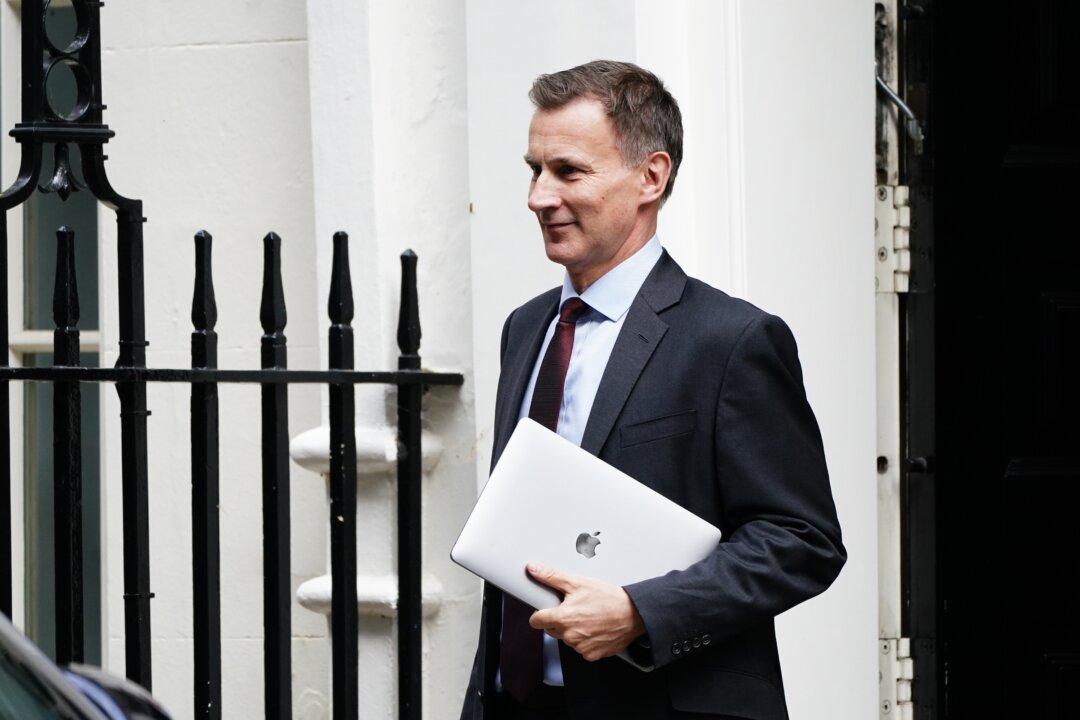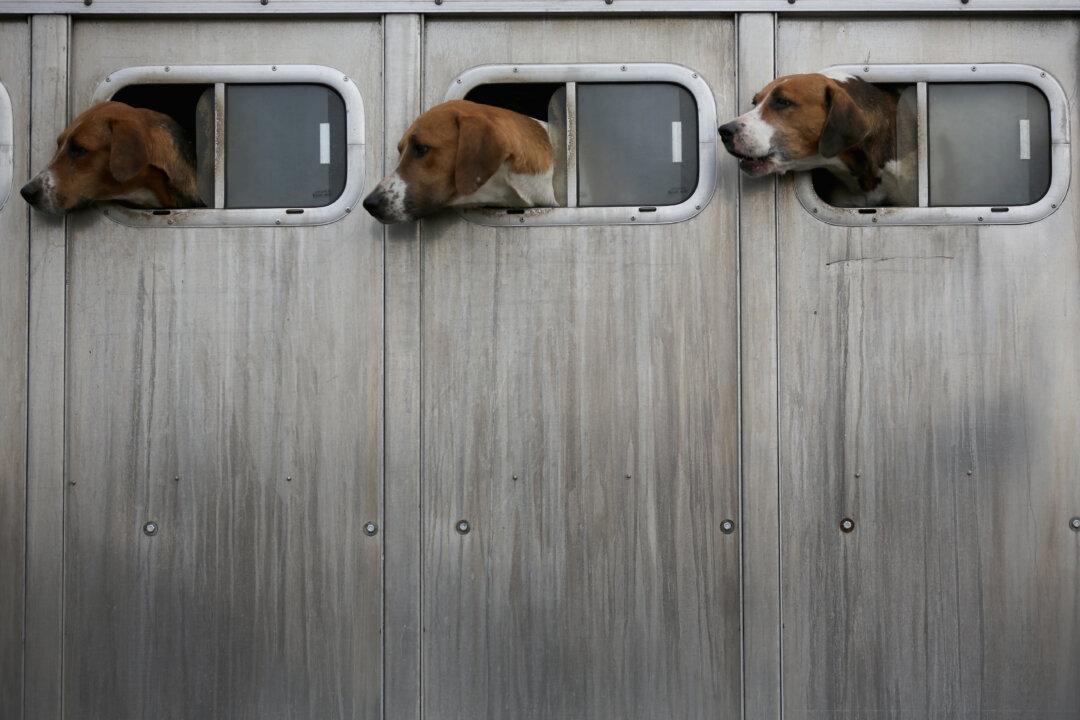The UK government unveiled plans on Monday to implement a carbon price on imported goods from 2027, including iron, steel, aluminium, ceramics, and cement, to ensure they face a carbon price comparable to domestically produced goods.
The move is intended to address the risk of “carbon leakage,” where production and associated emissions are shifted to countries with lower or no carbon pricing. Industries such as steel have criticised the move as coming too slowly, while one campaigner branded the policy “economically illiterate.”





